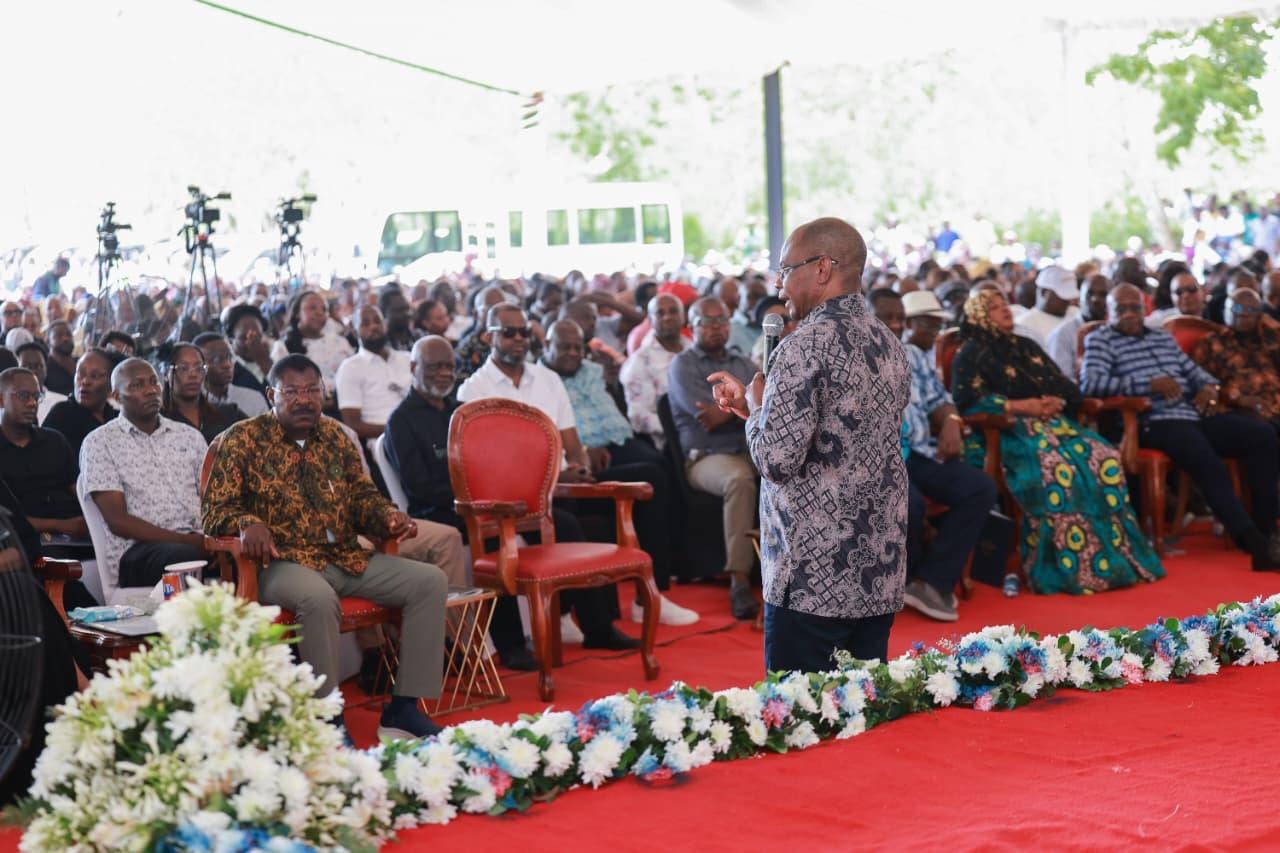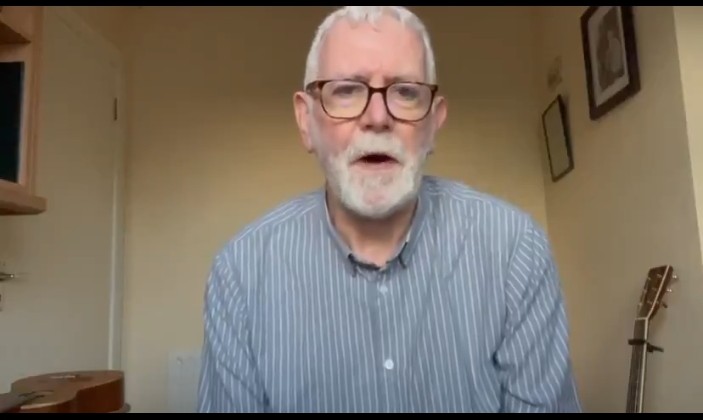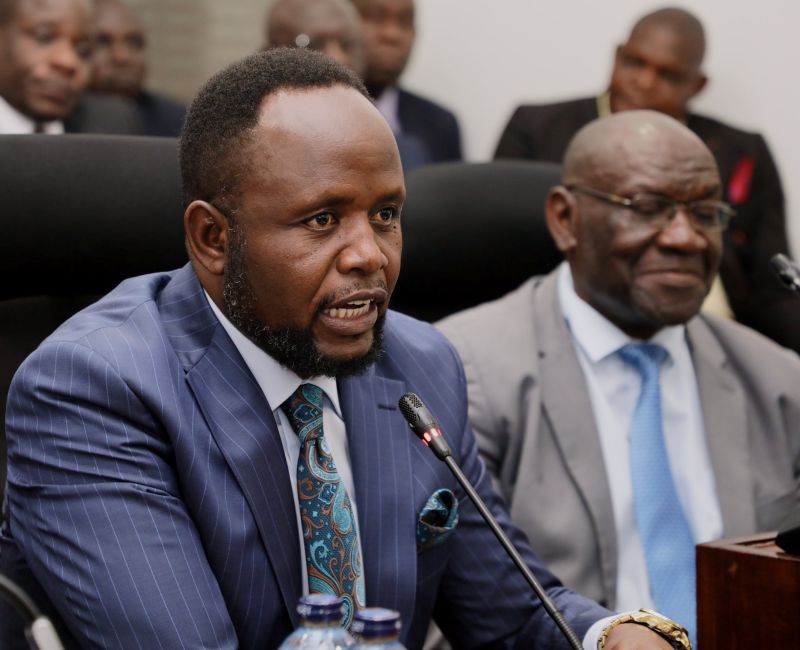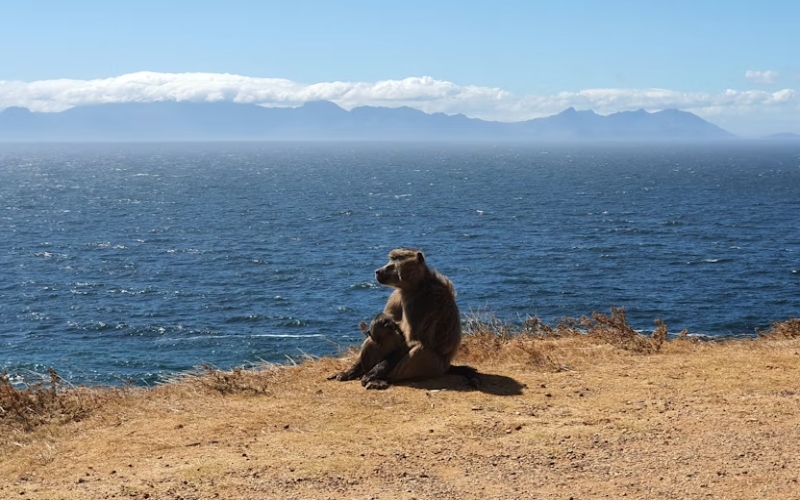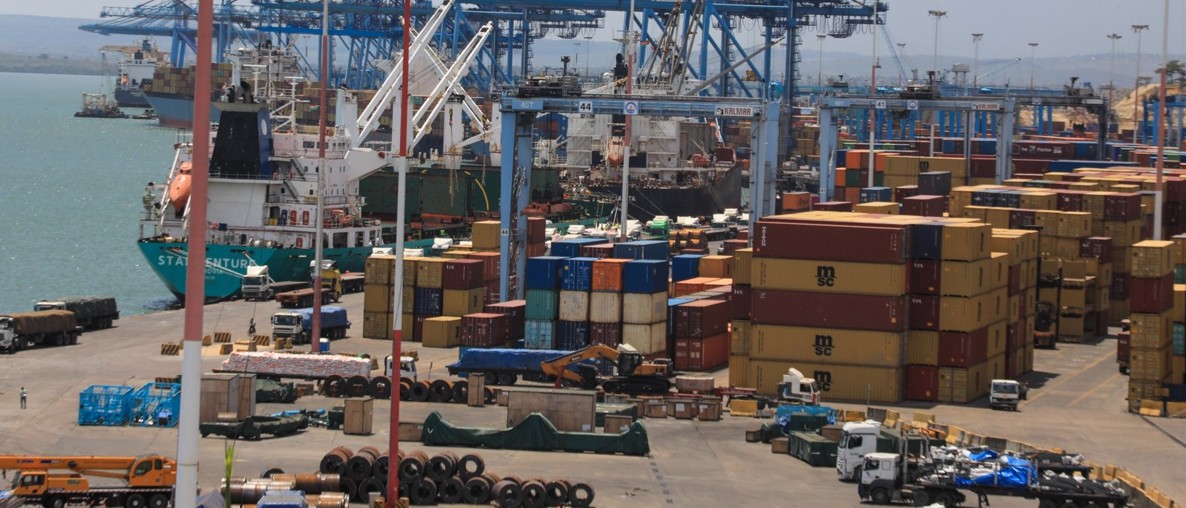Geopolitics overshadow COP29 talks on climate cash as Argentina walks away
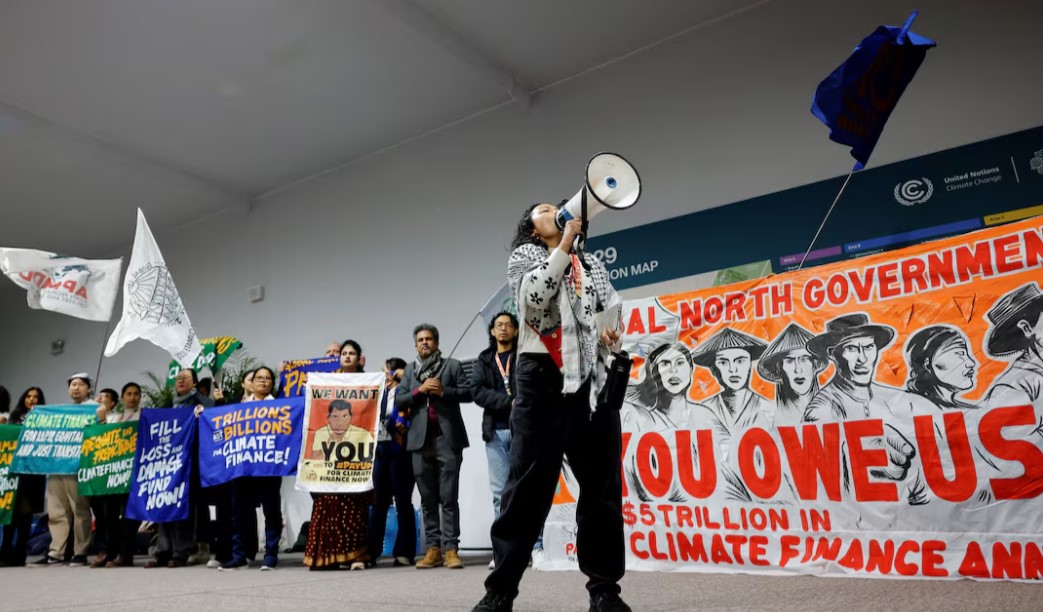
Many Western governments arrived in Baku reluctant to pledge big sums.
Countries at the COP29 summit tried to make progress on how to raise up to $1 trillion in climate finance for the world's most vulnerable, as political tensions overshadowed the talks and Argentina on Thursday pulled its delegation from Baku.
The success of this year's UN climate summit hinges on whether countries can agree on a new finance target for richer countries, development lenders and the private sector to deliver each year. Developing countries need at least $1 trillion annually by the end of the decade to cope with climate change, economists told the UN talks.
More To Read
- Managing conflict between baboons and people: what’s worked - and what hasn’t
- Kenya, Sweden partner to curb billions lost in post-harvest food waste
- UNEA-7 opens in Nairobi as global environmental diplomacy faces major challenges
- 2025 set for second-hottest year on record
- Nyeri climate change activist Truphena Muthoni attempts 72-hour tree-hugging record
- UN’s Guterres vows to push for Palestine two-state solution, says he will ‘not shut up’
Many countries have said that money is essential to their setting ambitious climate goals ahead of next year's COP30 in Brazil.
But reaching a deal could be tough at this year's summit, where the mood has been soured by public disagreements and pessimism about shifts in global politics.
United States' future role
Donald Trump's presidential election win has cast the United States' future role in climate talks into doubt, and tension between developed and developing nations has bubbled to the surface on the main stages and in negotiating rooms.
"Parties must remember that the clock is ticking," COP29 Lead Negotiator Yalchin Rafiyev told a news conference.
The previous annual finance goal of $100 billion expires this year. But wealthy countries only met the pledge in full starting in 2022.
Early Thursday, a report from the Independent High-Level Expert Group on Climate Finance said the target annual figure would need to rise to at least $1.3 trillion a year by 2035 if countries fail to act now.
Behind the scenes, negotiators are working on draft texts, but early-stage documents published by the UN climate body show views around the table still diverge widely.
Reluctant to pledge
Many Western governments arrived in Baku reluctant to pledge big sums.
The likely withdrawal of the United States from any future funding deal will raise pressure on delegates to find other ways to secure the needed funds.
Among them are the world's multilateral development banks such as the World Bank, funded by the richer countries and in the process of being reformed so they can lend more.
Ten of the largest have said they would plan to increase their climate finance by roughly 60 per cent to $120 billion a year by 2030, with at least an extra $65 billion from the private sector.
On Thursday Zakir Nuriyev, head of the Association of Banks of Azerbaijan, said the country's 22 banks would commit nearly $1.2 billion to finance projects that help Azerbaijan transition to a low-carbon economy.
So far the conference – which many global leaders decided to skip altogether – has been marked more by division than unity.
Argentina's abrupt departure on Thursday followed an order from Buenos Aires.
The country's presidential spokesperson said the move would allow Gerardo Werthein, the new foreign affairs minister, to "re-valuate the situation, reflect on the position".
The minister is "withdrawing the delegation in virtue of a whole reform the minister is going to do. There's not much else to say," the spokesperson, Manuel Adorni, told a news conference in Buenos Aires.
Climate change deniers
Argentina's President Javier Milei, who previously has called global warming a hoax, was due this week to meet Trump, also a climate change denier.
When asked whether Argentina would withdraw from the Paris Agreement, Ana Lamas, undersecretary for environment for Argentina, who led the country's delegation at COP29, told Reuters: "We are only withdrawing from COP29."
Observers criticised the withdrawal by Argentina's right-wing government and said it could hurt the country's hopes of raising future climate cash.
"It will make Argentina, which has been an important voice on environment, look less credible and less reliable in international markets and the international community," said Oscar Soria, head of civil society group Top Social.
Azerbaijan's COP29 presidency described it as a matter between Argentina and the United Nations.
A negotiator from a developed country said they had seen no signs so far that any other countries would follow Argentina's lead and walk out.
A day earlier, French climate minister Agnès Pannier-Runacher cancelled her trip to COP29 after Azerbaijan's President Ilham Aliyev accused France of "crimes" in its overseas territories in the Caribbean.
France and Azerbaijan have long had tense relations because Paris supported Azerbaijan's rival Armenia. This year, Paris accused Baku of meddling and abetting violent unrest in New Caledonia.
"Regardless of any bilateral disagreements, the COP should be a place where all parties feel at liberty to come and negotiate on climate action," European Union climate commissioner Wopke Hoekstra said in response, in a post on X.
That followed Aliyev's opening speech at the conference that accused the United States and EU of hypocrisy for lecturing countries on climate change while remaining major consumers and producers of fossil fuels.
Top Stories Today
